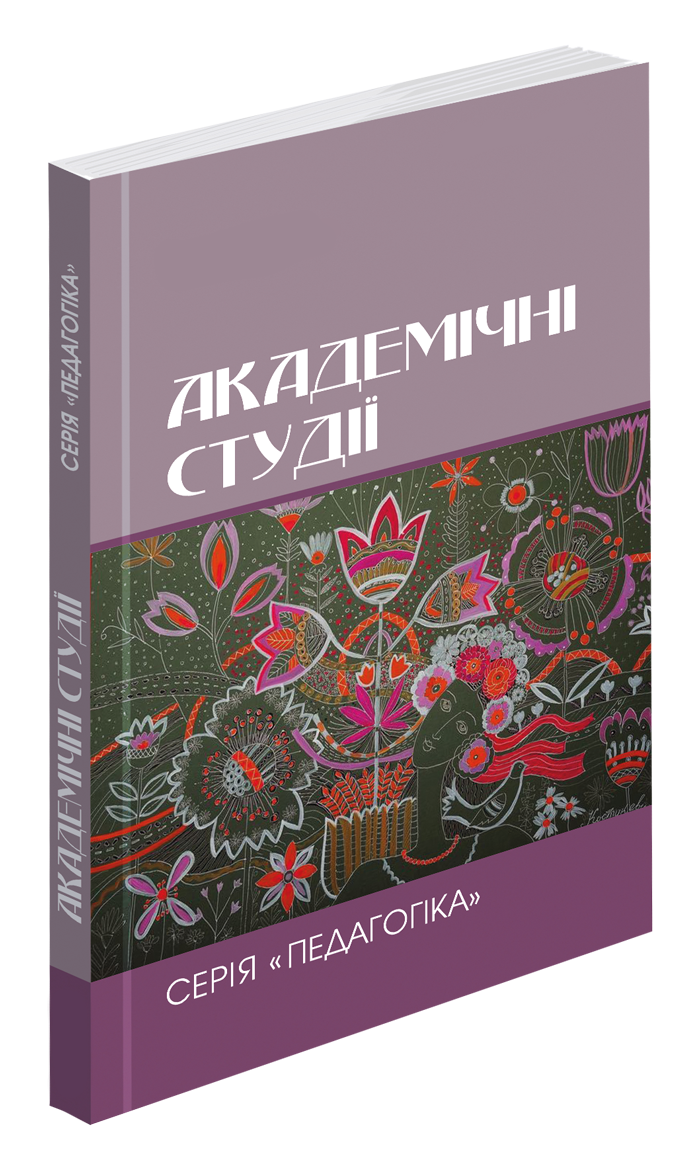Abstract
In the age of rapid digitalization of the educational environment, the issues of digital ethics and academic integrity in higher education have become increasingly critical. With the widespread adoption of online learning, cloud services,automated assessment systems, and artificial intelligence, new challenges emerge concerning adherence to ethical standards, data privacy, transparency in evaluation, and the prevention of academic misconduct. This article explores the fundamental concepts of digital ethics, their interconnection with academic integrity, and the factors influencingthe development of ethical culture within university communities.Particular attention is given to common forms of academic dishonesty in the digital context, such as plagiarism,unauthorized use of external digital tools, and cheating during remote examinations. The paper also addresses the shiftingrole of university instructors, emphasizing their function as mentors, moderators, and ethical role models in the learningprocess. The importance of digital literacy development and the implementation of ethics-focused educational programsaimed at cultivating responsible academic behavior is also highlighted.Moreover, the article analyzes recent scholarly publications and international research on ethical issues in digital education, including the use of AI-generated content and online proctoring technologies. Potential risks associated with violations of student privacy are discussed, along with strategies for mitigating these risks. Promising approaches to assessment that can reduce academic dishonesty, such as portfolios, project-based learning, and adaptive testing, are presented.This work is of practical value to researchers, educators, academic administrators, and students who are interestedin building a sustainable system of academic integrity under the conditions of ongoing digital transformation in higher education.
References
Johnson A., Nguyen T., & Ochoa C. Digital ethics and integrity in higher education. UNESCO, 2023. [Електронний ресурс]. Режим доступу: https://unesdoc.unesco.org/ark:/48223/pf0000385898
Baidoo-Anu, D., & Ansah, L. Education in the Era of Generative Artificial Intelligence (AI): Understanding the Potential Benefits of ChatGPT in Promoting Teaching and Learning. Journal of AI, 2023. Vol. 7. DOI: 10.61969/jai.1337500
O’Brien, J. Defining digital ethics in the age of AI. EDUCAUSE Review, 2023. [Електронний ресурс]. – Режим доступу: https://er.educause.edu/articles/2023/03/defining-digital-ethics-in-the-age-of-ai
Online Journal of Communication and Media Technologies. Implementing a digital ethics code in higher education. OJCMT, 2023. [Електронний ресурс]. Режим доступу: https://www.ojcmt.net
Закон України «Про освіту» від 05.09.2017 № 2145-VIII [Електронний ресурс]. Режим доступу: https://zakon.rada.gov.ua/laws/show/2145-19
International Institute for Educational Planning. Digital ethics in education – ETICO / UNESCO [Електронний ресурс]. Режим доступу: https://etico.iiep.unesco.org/en
Times Higher Education. Turnitin’s AI writing detector prompts ethics concerns in US. Times Higher Education, 05.04.2023. [Електронний ресурс]. Режим доступу: https://www.timeshighereducation.com/news/turnitin-ai-writing-detector-prompts-ethics-concerns
FaithProject.info. Academic integrity and Christian digital ethics [Електронний ресурс]. Режим доступу: https://faithproject.info/resources/digitalethics

This work is licensed under a Creative Commons Attribution 4.0 International License.

